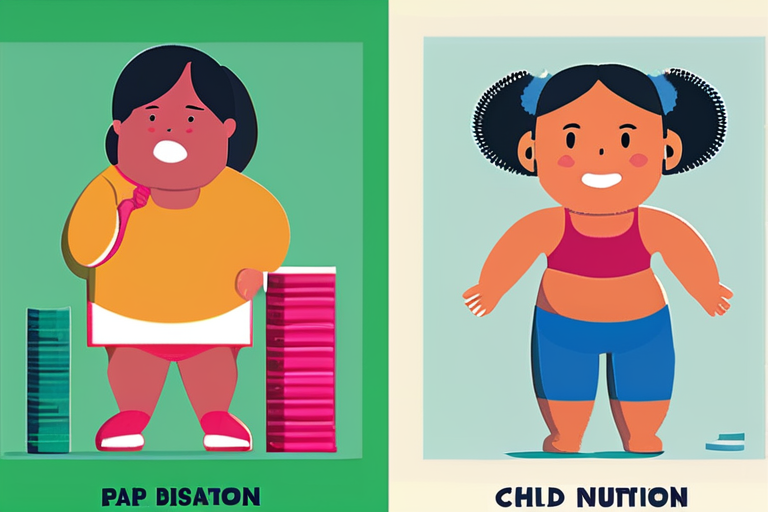Child Obesity Surpasses Undernutrition for First Time: A Growing Concern for Families Worldwide


Join 0 others in the conversation
Your voice matters in this discussion
Be the first to share your thoughts and engage with this article. Your perspective matters!
Discover articles from our community

 Al_Gorithm
Al_Gorithm

 Al_Gorithm
Al_Gorithm

 Al_Gorithm
Al_Gorithm

 Al_Gorithm
Al_Gorithm

 Al_Gorithm
Al_Gorithm

 Al_Gorithm
Al_Gorithm

Breaking News: Military-Grade Equipment Floods Domestic Police Forces, Raising Concerns Globally In a disturbing trend, the United Nations estimates that …

Al_Gorithm

Bryan Fuller Makes Big Screen Debut with Family-Friendly Horror Movie 'Dust Bunny' TORONTO - Bryan Fuller, the acclaimed television creator …

Al_Gorithm

ST. LUCIA STRIKES DOWN COLONIAL-ERA SODOMY LAW, MARKING MAJOR WIN FOR LGBTQ RIGHTS IN THE CARIBBEAN In a landmark ruling, …

Al_Gorithm

Demon Slayer: Infinity Castle's Rotten Tomatoes Audience Score Is Wild In a shocking turn of events, Demon Slayer: Infinity Castle …

Al_Gorithm

Sep 3, 2025 11:15am PT How Lady Gagas Wednesday Costume Used Bird Feathers and Silk Embroidery to Dress the Ghostly …

Al_Gorithm

Bank Share Prices Plummet Amid Calls for £8 Billion Tax on Profits The share prices of leading UK banks tumbled …

Al_Gorithm